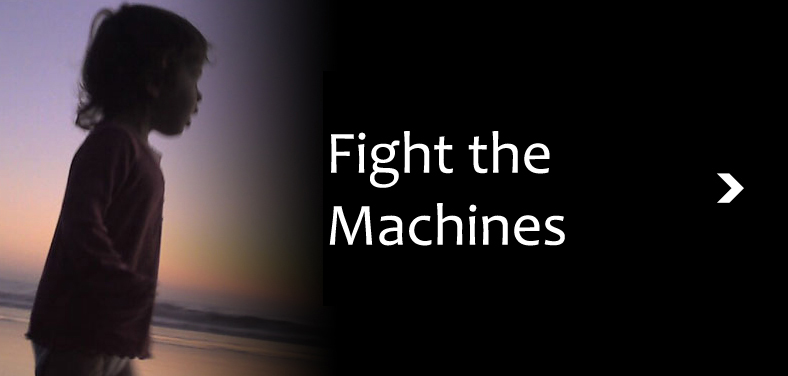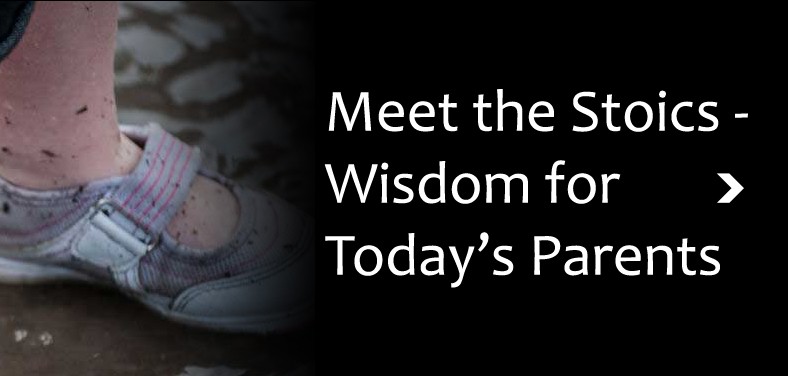A variety of leading approaches to effective early childcare all point to similar practices. I’ve tried to combine them for the attention-challenge parent or practitioner, and added some provocations. [link reggio post – provocations]
For example, the recommendations from the Nerds in California’s Depart of Education line up perfectly with Reggio Emmilia pre-school practice, a child-centered and respect-based approach that grows naturally out of RIE, the infant care approach that evolved from the work of pre-war theorist Emmi Pikler, the Vienna-trained physician who declared that infants were people with capabilities & rights, the respect of which leads to better behavior and better outcomes. Pikler developed general guidelines and specific instructions for caring for infants and toddlers, many workshopped at Locozy, the orphanage she ran in Budapest after the war, where Magda Gerber, the founder of RIE, studied. Current scientific research bears out and recommends the practices championed by Pikler.
At their heart, these approaches are about your view of “the other” – in this case, the baby. When adults see the baby’s capabilities, and as they recognize them in the exact present moment, they can more easily act respectfully. Respectful action is the foundation of all of the specific recommendations. These “techniques of interaction” are not unlike the practice of the Buddhists (and Quakers, and others) who see God in all whom they meet.
The recommendations that arise are as simple as straightforward rules (“No cellphones; No TV; No toys with batteries – Ever”) to as challenging as getting powerful new habits (“Speak to give the child information, not direction”). This is challenging – how to self-coach to do better. The Romans’ times were much like ours psychologically, and, well, you know those Romans and their engineering! Seriously, Stoicism was a spiritual practice, a mental marital art that was as easy or difficult as it had to be, depending on the whims of fate.
I think the Stoic Toolkit is a great source for parents. It’s a framework, too, for learning as you go along, and a good foundation to support with your kids! It’s Easy, and Fun!
The easy way is the best way. It’s worth investing some time, and being conscious of your habits. While nothing beats in-person mentoring and good role models, the information I’ve put together will help you. So Read On, and ask me questions. Help me find a way to make some money doing this. It’s all here.




Add comment